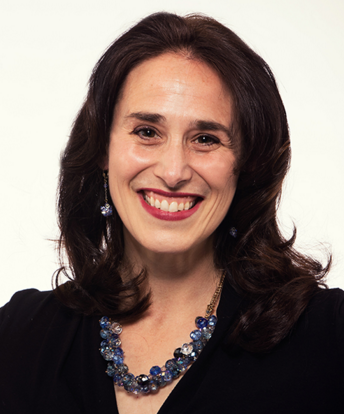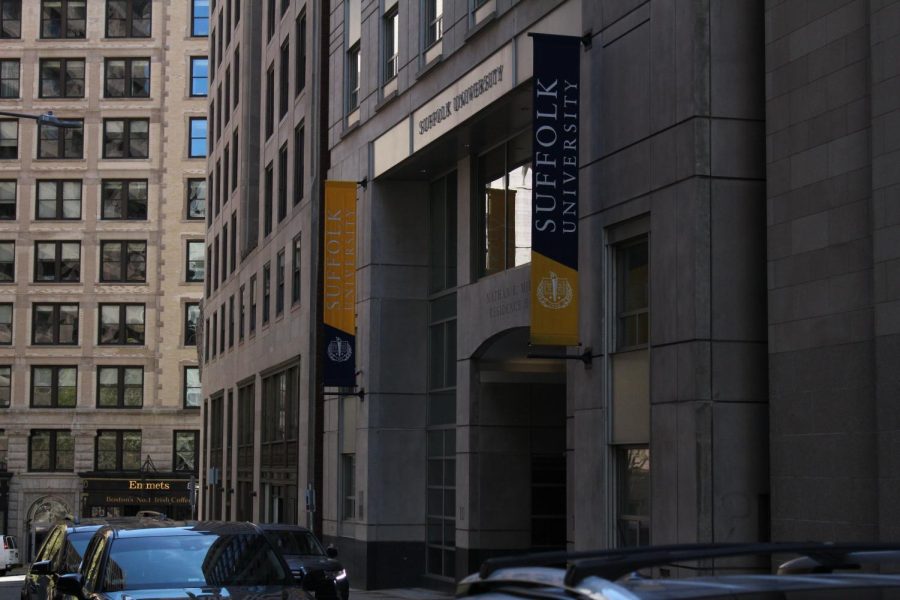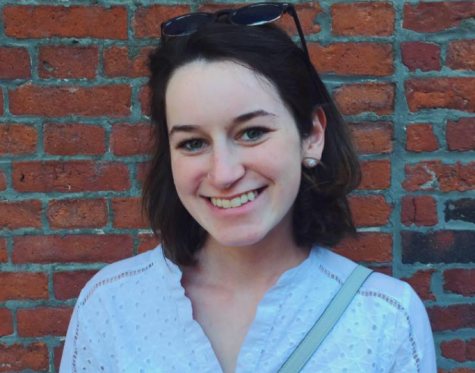
As students filed into the Nancy C. Stoll function room in the Sawyer Academic building last Thursday, they were promptly asked “Are you registered to vote?”
The event was part of a “Food for Thought” series hosted by the Center for Community Engagement (CCE). CCE will be having more of these forums throughout the year.
“They are discussions about social justice and controversial issues,” explained sophomore Andrea Royo who works for the CCE office.
Royo, along with two other students who work for CCE, and the associate director, Carolina Garcia, were registering students to vote, and informed students on how to get absentee ballots before the event started.
About a dozen students attended the event; with students from the freshmen level to the senior level who had majors that weren’t just interested in government and current events, but that included math, history, government, and biology majors.
There were even a few international students, who admitted that while they are ineligible to vote in U.S. elections, they would do their best to encourage other students to vote.
Dr. Rachael Cobb, who earned her PhD in political studies, is an associate professor and the chair of the government department here at Suffolk, lead a discussion-based presentation titled “Digging Deep: Politics and Voting.”
Cobb began by giving an overview of how elections work. She explained that it is the Secretary of State, for each state, that administers voting; which, in Massachusetts, for example, is Bill Galvin. Next, she explained how a president is elected.
“We elect the president not through a direct vote, but through the electoral college,” she said.
In other words, a president is elected state-by-state, not through a national election. Therefore, if a candidate wins 51 percent of the vote in a state, they win that state. A candidate then must win at least 270 of the 538 electoral votes across the U.S. to become president.
Cobb described her role in how Suffolk has become a place for political activism and civic engagement.
In 2006, Cobb explained, there was a shortage of poll-workers nationwide. Poll-workers are volunteers who manage voting areas on election day.
This shortage was “one of the causes of long lines, and one of the causes of people being disenfranchised,” Cobb said.
Cobb was contacted by the Center for Election Integrity at Ohio State in Cleveland, and awarded the “Help America Vote College Program” Grant. Through the study, Suffolk would train students to become poll-workers; thereby both diversifying the aging population of poll-workers at the time, and making a step toward relieving the shortage nationwide.
“[The study] launched a whole new area of research for me,” Cobb said.
Suffolk University has become one of the most politically active institutions in the U.S. In the National Study of Learning, Voting, and Engagement, of the 909 institutions studied, Suffolk was in the top 10 percent of universities nationwide for voter turnout.
“Game on for this year, because I’m really competitive,” Cobb joked, then added more seriously that voter turnout among Suffolk students in the upcoming election is crucial.
With regards to turnout rates, “We can’t win against the other institutions; we have to win against ourselves,” she said.
Royo agreed and said, “Everyone should be invested in this particular election, but by leading the voting initiative, I’m realizing that it is especially important for college students to have an active role in this election.”
CCE tables every Tuesday from 11a.m.-2p.m. in the Sawyer and Somerset Lobby registering students to vote. The first 100 students to register get a free t-shirt.
Oct. 19 is the last day to register to vote in Massachusetts.
To register online, visit https://www.sec.state.ma.us/ovr/.
To check if you have registered to vote in MA, visit https://www.sec.state.ma.us/VoterRegistrationSearch/MyVoterRegStatus.aspx.



















